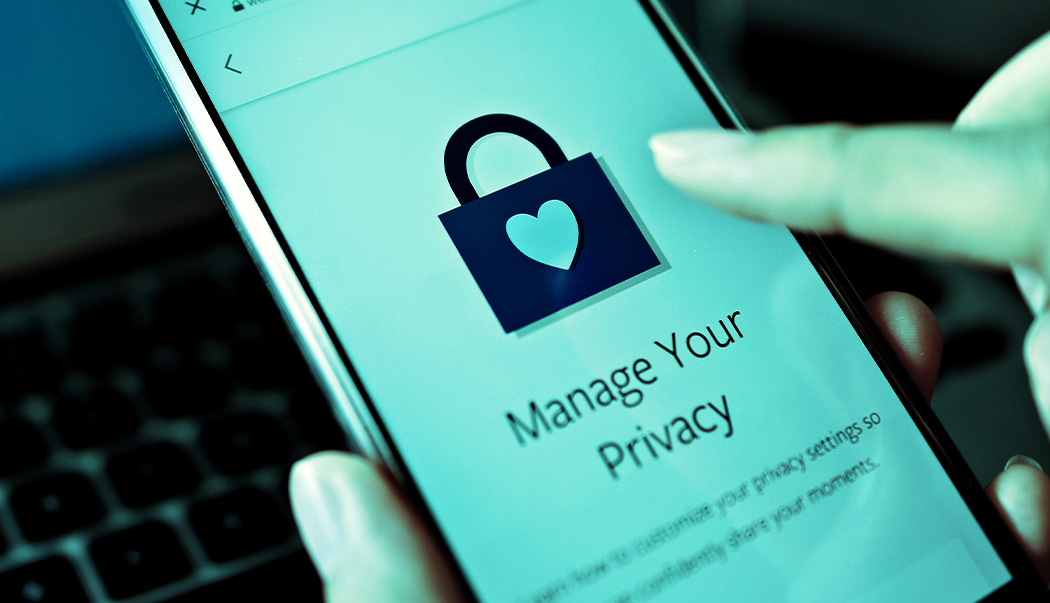12 Online Privacy Settings Everyone Should Enable

Protect your online data with these essential privacy settings. Image Credit: Safe Space
In today’s digital age, safeguarding your personal information is more important than ever. With cyber threats and data breaches becoming increasingly common, enabling key privacy settings is crucial to protecting your digital life. From social media to your devices, these 12 online privacy settings help secure your data and give you peace of mind.
1. Enable Two-Factor Authentication (2FA)
Two-factor authentication adds an extra layer of security by requiring a second form of verification, such as a code sent to your phone, in addition to your password. This makes it significantly harder for unauthorized users to access your accounts.
2. Use Strong, Unique Passwords
Avoid using the same password across multiple sites. Utilize a password manager to generate and store complex passwords, ensuring each account is secure and unique.
3. Adjust Social Media Privacy Settings
Review and modify settings on your social media accounts to control who can see your posts, personal information, and friend lists. Limiting this access protects your data from unwanted exposure.
4. Use a Virtual Private Network (VPN)
A VPN encrypts your internet connection, masking your IP address and protecting your online activity from prying eyes, especially on public Wi-Fi networks. Choose a VPN with a kill switch for added security.
5. Enable Browser Privacy Features
Modern browsers offer features like blocking third-party cookies, preventing cross-site tracking, and sending Do Not Track signals. Activate these to reduce data collection about your browsing habits.
6. Regularly Update Software and Devices
Keep your operating system, browsers, and applications updated to protect against known vulnerabilities. Enable automatic updates when possible to ensure the latest security patches are applied.
7. Review App Permissions
Periodically check the permissions granted to apps on your devices. Revoke access to sensitive data like location, camera, and microphone for apps that don’t require it.
READ ALSO
10 Ways to Make Your Internet Faster at Home
10 Browser Extensions That Save You Time
8. Use Encrypted Communication Tools
Opt for messaging apps with end-to-end encryption to ensure only you and the recipient can read your messages. Examples include Signal and WhatsApp.
9. Disable Location Tracking
Turn off location services on your devices when not needed. Be cautious about sharing your location on social media and apps, as it can reveal more than intended.
10. Secure Your Wi-Fi Network
Change your router’s default username and password, use WPA3 encryption if available, and hide your network’s SSID to prevent unauthorized access.
11. Be Wary of Phishing Attempts
Avoid clicking suspicious links in emails or messages. Verify requests for personal information by contacting organizations directly through official channels.
12. Manage Data Sharing Preferences
Review and adjust data sharing settings on accounts like Google and Apple to control what information is shared with third parties. Use privacy dashboards to make informed decisions.
FAQ – Online Privacy Settings
Q: What are the most important online privacy settings to enable?
A: Enable two-factor authentication, strong passwords, social media privacy controls, VPN usage, location tracking limits, app permission reviews, and data-sharing settings.
Q: How can I protect my personal data online?
A: Use strong passwords, 2FA, encrypted messaging, secure browsers, and VPNs. Avoid public Wi-Fi without protection and regularly update software.
Q: What is two-factor authentication (2FA) and why is it important?
A: 2FA requires a second verification step (e.g., a code) along with your password, adding an extra layer of security against unauthorized access.
Q: How do I adjust social media privacy settings?
A: Limit who can view your posts, personal information, and friend lists. Turn off location tagging and review connected apps regularly.
Q: Do I need a VPN for privacy?
A: Yes. A VPN encrypts your connection, masks your IP, and protects online activity from hackers, ISPs, and public Wi-Fi threats.
Q: How can I secure my devices and browsers?
A: Enable updates, browser privacy features, antivirus software, and regularly audit app permissions to minimize risks.
Q: Which apps are recommended for encrypted communication?
A: Signal, WhatsApp, and Telegram (secret chats) provide end-to-end encryption for secure messaging.
Q: Should I disable location tracking on my devices?
A: Yes. Only enable when necessary to prevent revealing your location unnecessarily on apps and social media.
Q: How do I prevent phishing attacks and online scams?
A: Avoid suspicious links, verify requests for personal info, and enable spam filters and security alerts on your accounts.
Q: How often should I review my privacy settings?
A: At least every few months, or whenever platforms update their privacy policies, to ensure ongoing protection.

